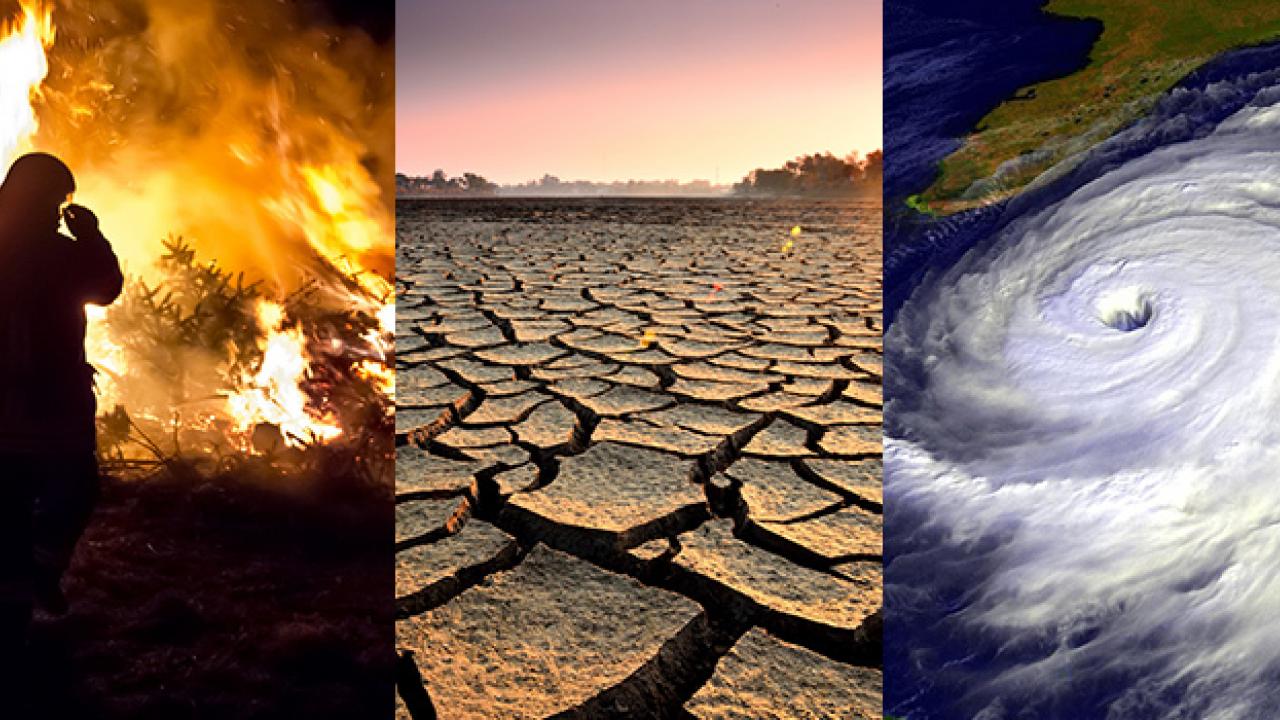Society faces much larger threat from climate change than perceived

Honolulu, (IANS) Society faces a much larger threat from climate change than previous studies have suggested. By 2100 the number of hazards occurring concurrently will increase, making it even more difficult for people to cope, a new study says.
East-West Center researchers Abby Frazier and Keith Bettinger are among the authors of the study published in Nature Climate Change.
It provides one of the most comprehensive assessments yet of how humanity is being impacted by the simultaneous occurrence of multiple climate hazards strengthened by increasing greenhouse gas emissions.
"Most previous studies have focused on a single climate hazard and its intensification due to increasing greenhouse gas emissions," Frazier said.
"But when you study the impact of these hazards individually you really don't see the full picture of the total impact of climate change on humanity."
A systematic review of thousands of scientific papers reveals 467 ways in which these hazards have already impacted human health.
Food, water, economy, 'lifeline' infrastructure and security have been impacted by multiple climatic hazards, including warming, drought, heatwaves, wildfires, precipitation, floods, storms, rise in sea levels and changes in land cover and ocean chemistry.
"Greenhouse gas emissions pose a broad threat to humanity by simultaneously intensifying many hazards that have proven harmful in the past," lead author Camilo Mora of the University of Hawaii said.
"Further, we predict that by 2100 the number of hazards occurring concurrently will increase, making it even more difficult for people to cope."
The study, co-authored by 23 scientists, combines exhaustive data mining with the long-time expertise of veteran climate scientists, including several lead authors on the Intergovernmental Panel on Climate Change (IPCC) reports.
The diverse list of authors includes not only climate scientists, but also health and crop experts, economists, marine biologists, urban planners and more.
"From a practical perspective, these findings illustrate the compounded and synergistic effects of climate change impacts," East-West Center Adjunct Fellow and expert on climate change adaptation Keith Bettinger said.
"This underscores the necessity of taking anticipatory adaptation action that will be necessary to confront these challenges."
The paper concludes: "Overall, our analysis shows that ongoing climate change will pose a heightened threat to humanity that will be greatly aggravated if substantial and timely reductions of greenhouse gas emissions are not achieved."
